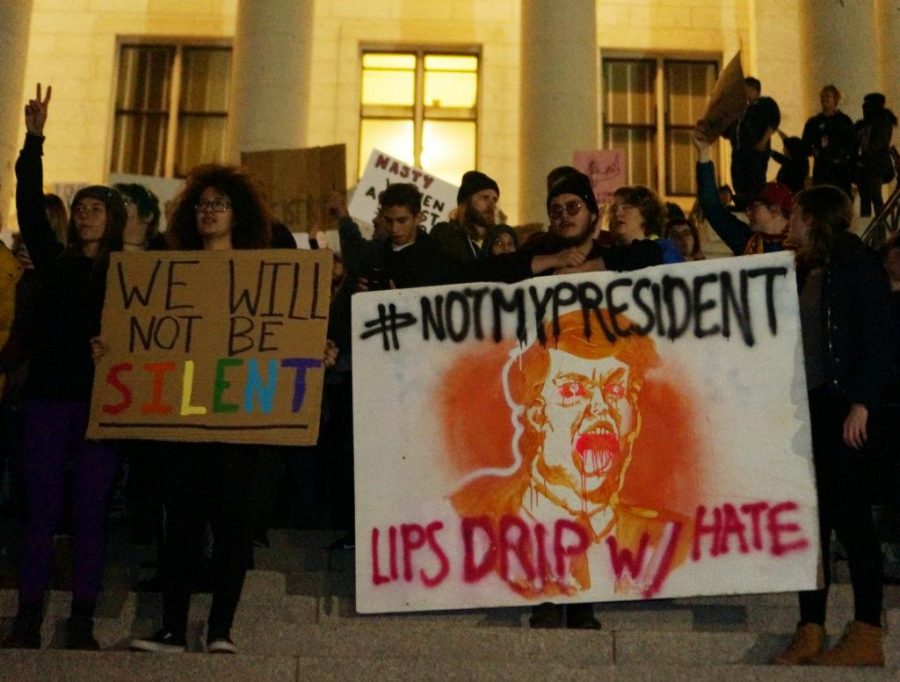Our president has become such a difficult topic of conversation, that most people are content to reduce their opinions of him to simplicities. From the left, a grumbled expletive and a diatribe about his stupidity are a typical response to questions such as “what do you think about Donald Trump?” On the right, you can observe people’s staunch support of the president and their condemnation of the leftist media’s witch-hunt against him. It is ironic and dangerous that we have restricted ourselves to such narrow windows of observation for such a mercurial man.
This week at the UN, Trump again ramped up his rhetoric towards North Korea, insulting their leader Kim Jong-un and promising, “total destruction” if they maintain their current course of nuclear testing. In the same week, Trump perhaps received equal attention for his conveniently timed mispronunciation of Namibia as “Nambia” in his address to African leaders at the same conference. For many, this was a great opportunity to reaffirm their classification of Trump as an idiot and provided a welcome escape from the reality of the unknown situation with North Korea.
Humans have an inherent need to classify, to have a reference point from which they can make predictions and explain behavior. Trump challenges this. He does not belong to a party and he doesn’t have a set of underlying values to guide his decision-making. In the absence of this, people have retreated to the safety of generalizations. To the left, he’s a loud stupid racist. On the right, people have ignored criticism of him by attributing it to biased treatment by the media, they justify his strange outbursts as being righteous opposition to the ever-growing PC culture.
Last spring Trump received heavy criticism for his outrage towards Nordstrom for refusing to carry his daughter’s clothing line. The criticism originated from the fact that many of his tweets about the issue came when he was supposedly being briefed on foreign intelligence. For many Americans, this represented a neglect of presidential duty. For others, it represented a president standing up for his family. Issues of foreign policy can often seem abstract and difficult to relate to. Someone living in rural poverty may place greater importance on Trump standing up for his daughter than the political crisis in Venezuela, for example.
In the absence of a reference point, we as a people of a democracy have a responsibility to expand our analysis of Trump or pay the consequences. We must consider each of his decisions in the context of the current political and social climate and always consider potential ulterior motives. If we don’t, we risk misinterpreting serious political situations and our government’s responses to them, which historically has been dangerous, to say the least.


